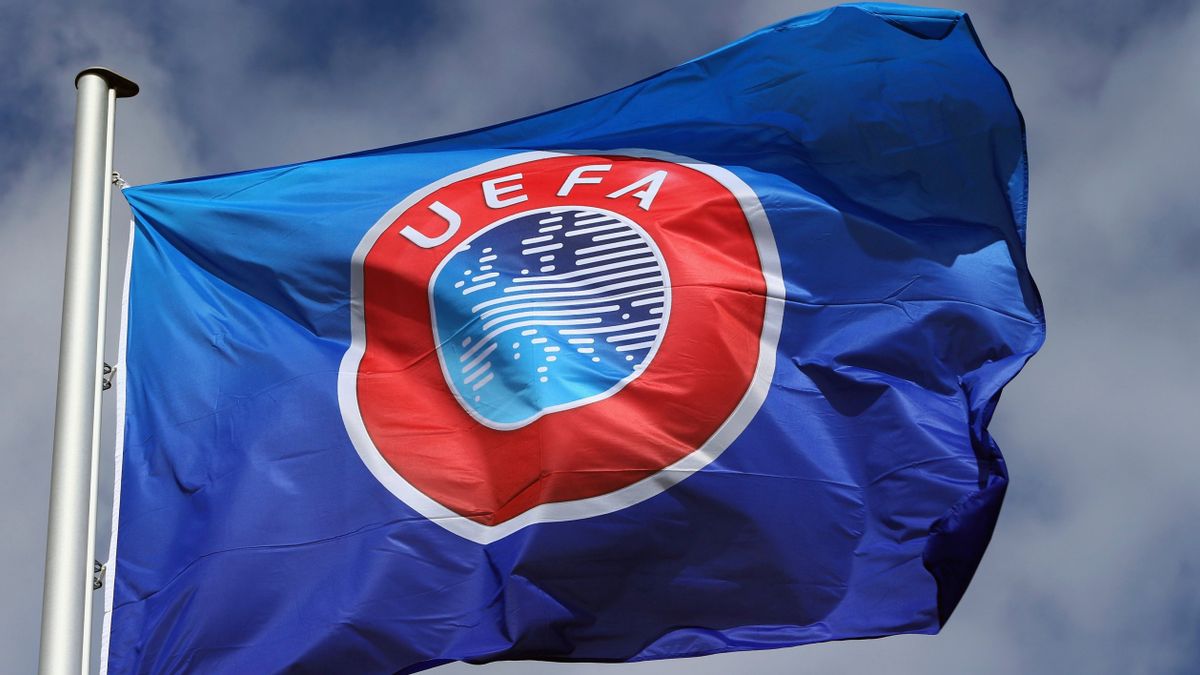
New Chelsea owner issues a warning as UEFA makes significant regulatory changes that would affect Liverpool
UEFA replaced FFP with its updated financial restrictions. And new Chelsea owner, Todd Boehly has warned Liverpool about the new UEFA rule changes. As he believes this is going to adversely affect the clubs.
UEFA will introduce a new set of Financial Fair Play rules this month. They understand the need to protect football teams’ long-term financial viability.
The pandemic exposed the financial state of football in Europe. The struggles of Spanish giants Barcelona to pull themselves back from a financial precipice. This was after years of extravagant spending left them with enormous wage liabilities and more than £1 billion in debt. And much of it due in the near future revealed the mismanagement of some clubs at the very top level.
This month, the FFP will undergo its first revision since it was first introduced in 2010. Although Aleksander Ceferin, president of UEFA, maintains that its implementation “helped pull European football finances back from the brink,”. It hasn’t been without its detractors, who point to its lack of teeth in punishing clubs that break the rules. And also its inability to stop the gap between the biggest clubs and the rest from widening.
UEFA changes the existing FFP rule
UEFA aims to address the need for a change in the FFP rules through solvency, stability, and cost control. Creditors are in protection by a new no overdue payables rule that applies to football clubs, employees, social/tax agencies, and UEFA. This rule is reviewed every quarter and ‘less tolerance’ is shown for late payers.
There are new football revenue restrictions that are sort of an adjustment to the FFP regulations already in place. In order to give teams some breathing room, UEFA has given them a three-year window to organize their finances. The “acceptable deviation” of €30 million in losses over that time period has been doubled to €60 million over the following three years. According to UEFA, the conditions for ensuring the fair value of transactions, strengthening the balance sheets of the clubs, and reducing debts have all been “substantially enhanced.”
Given that clubs with good balance sheets and under control costs would receive an additional allowance. An allowance of €10 million each financial year. Moreover, financially sound clubs might find themselves with an additional €30 million in FFP wiggle room over a three-year period.
The squad cost rule was a new policy by UEFA as a major component of the new regulations. It limits spending on wages, transfers, and agent fees to 70% of club revenue. This rule’s intention is to improve control over player wages and transfer costs. In the past, UEFA had used 70% as a soft objective for teams to operate at when it came to expenditure in relation to revenue. But it was merely a target. And failure to meet it was not dealt with scrutiny. The new rule’s evaluations “shall be carried out promptly, and infractions will result in pre-defined monetary penalties and sporting sanctions,” according to UEFA.
Where does Liverpool fit into all of this, though?
The current owners first purchased the club from the disastrous administration of Tom Hicks and George Gillett back in 2010. And even after purchasing a club significantly in debt and facing the possibility of administration, owners Fenway Sports Group’s financial approach to Liverpool has been well in the documentation.
